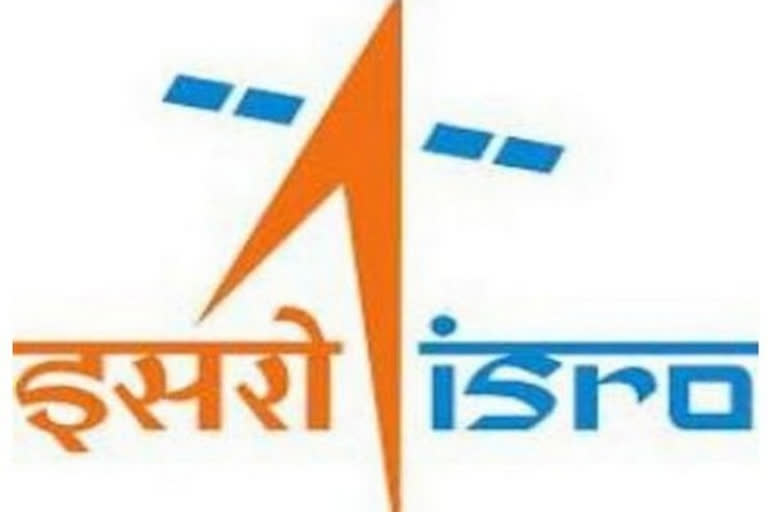Chennai: India's defunct Radar Imaging Satellite-2 (RISAT-2) re-entered the earth's atmosphere on October 30 in an uncontrolled manner and hit the Indian Ocean near Jakarta, said Indian Space Research Organisation (ISRO). The 300 kg RISAT-2, a surveillance satellite, was launched on April 20, 2009, using the Polar Satellite Launch Vehicle (PSLV). The satellite with a design life of four years had initially carried 30 kg of fuel for operations in space.
According to ISRO, the satellite did not have any fuel when it re-entered the earth's atmosphere and studies confirmed that the pieces generated due to aero-thermal fragmentation would not have survived re-entry heating and hence no fragments would have impacted the earth. The re-entry of the satellite was monitored by ISRO with the Multi Object Tracking Radar (MTOR) at the Sriharikota rocket port and with software analysis, the space agency said. "As RISAT-2 re-entered within 13.5 years, it complied with all necessary international mitigation guidelines for Space Debris, showing ISRO's commitment towards long-term sustainability of Outer Space as well," ISRO asserted. (IANS)
(This story has not been edited by ETV Bharat and is auto-generated from a syndicated feed.)



